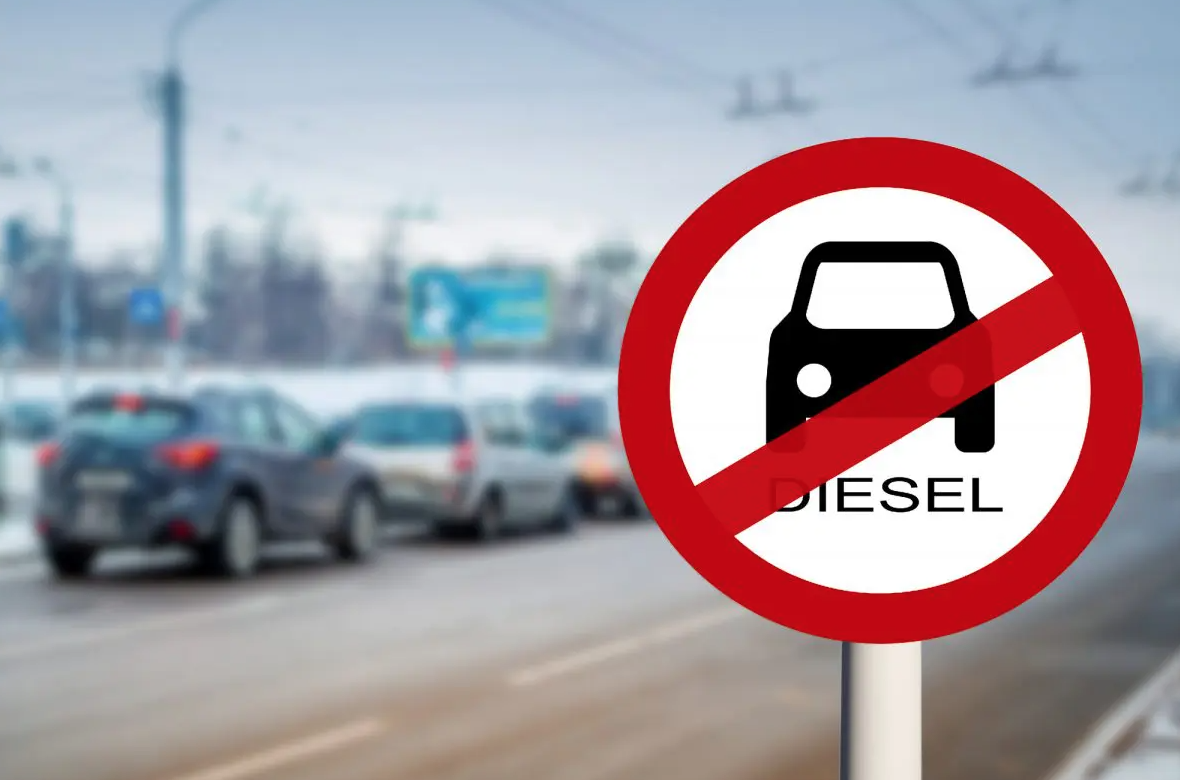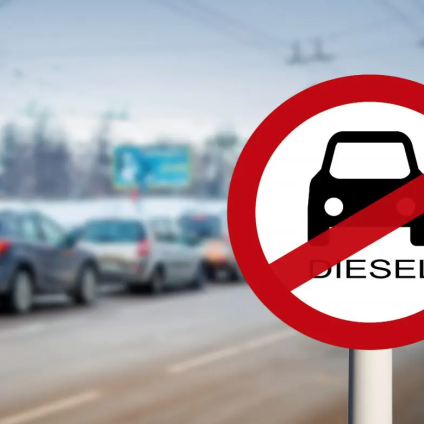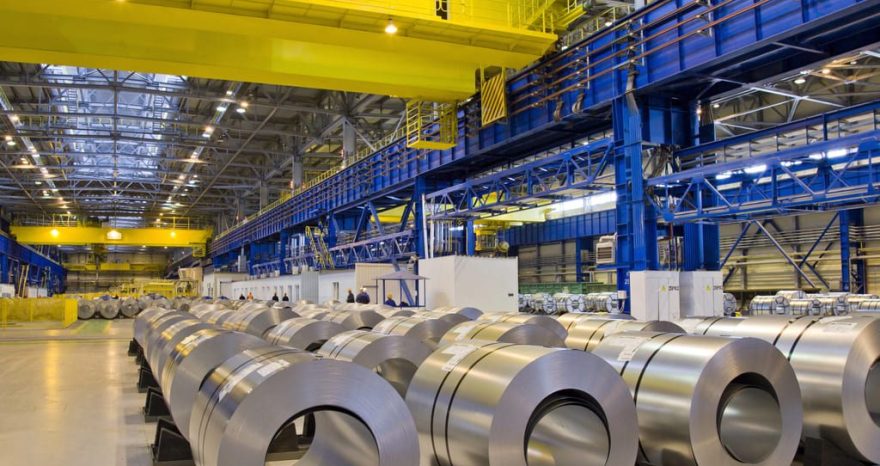Yes to ICE vehicles even after 2035 provided that they use only electric fuels. And that engines are equipped with technology that ensures that they cannot run on traditional fuels. A clause, the latter, which continues to dislike in Berlin
Brussels welcomes German demands on endothermic car stop
– After the offensive of Germany (and Italy), the EU is turning around to endothermic cars stop. The Commission is writing a proposal to save diesel and petrol engines even after 2035, as requested by Berlin. In fact, the draft is almost a copy of the German wish.
Last year the Council and the European Parliament reached an agreement on endothermic cars stop. The phase-out starts in 2035: from that date it will no longer be possible to sell diesel cars and petrol, because all new passenger vehicles will have to be emission-free. So EV. It is a measure designed precisely to encourage the car industry to invest massively in electric cars, leaving them as the only option in just 12 years, and thus ensure the big brands a clear policy horizon.
Although the agreement has now been reached (and the European Parliament has already ratified it), Germany and a number of other countries, including Italy, have been trying to reopen the dossier for a month. It is a very unusual procedure for the Byzantine legislative architecture of Brussels.
What does the new proposal to soften the endothermic carsstop say?
ICE vehicles can continue to be produced and sold after 2035, but only on condition that they use climate-neutral electric fuels, according to the Brussels proposal anticipated by the Reuters news agency. These fuels, also known as e-fuels, are a class of fuels obtained from renewable energy from green hydrogen and captured CO2.
However, the proposal specifies that car manufacturers will have to equip these vehicles with the technology needed to prevent engines from operating with conventional fuels. To regulate these vehicles would be created a special category, distinguishing them clearly from endothermic cars. But Germany doesn’t like this condition. Why? It would force the car industry to develop new engines anyway.
Without such a clause, the situation in 2035 would be as follows. The diesel and petrol car fleet would run out of fuel, while still using fossil fuels. The distribution network, therefore, must in any case remain active and widespread throughout the territory. In parallel, new vehicles with endothermic engines would be put on the road but without any guarantee that the owners, instead of supplying them with electric fuels, use the traditional ones. It’s easy to imagine what would happen.













